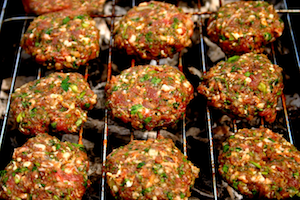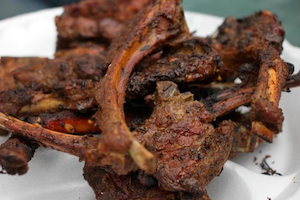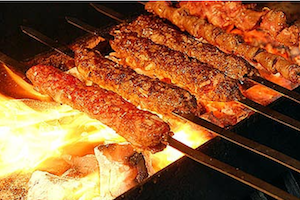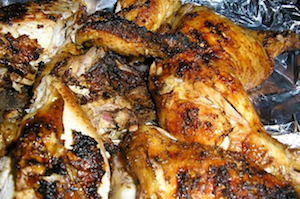BBQ Israeli Style: A time to kickback, and relax with friends.
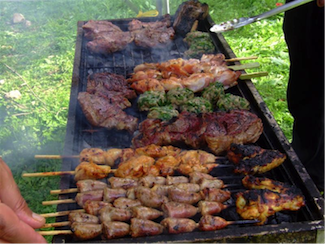
Mangal - the Hebrew word for barbecue, but for those in the know, it means so much more...
Anyone who has visited Israel knows that Israelis love their mangals. It has become, for some, an almost-sacred ritual, carried along on many a journey to be enjoyed with friends, family, and sometimes complete strangers.
From the most primitive of metal boxes filled with smoking charcoal and a random wire rack to the most elaborate of grills with long rows of metal frames lined up one after the other for the ultimate beach-side or forest grilling one can imagine. Also called "al ha'esh," על האש literally "on the fire,” Israelis have become masters at setting up a mangal in the most random of places and relishing the taste of the ever-eclectic Israeli approach to meat and veggies on the grill.
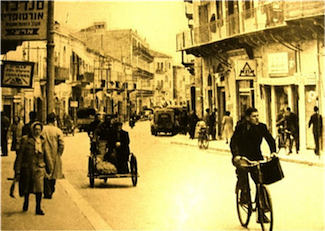
The name mangal comes from a small indoor heater used in the early days of the Jewish State. Jewish guidebooks to the Land of Israel in the 19th century refer to a mankal - a copper vessel filled with charcoal that could be moved from room to room for heating and could also be used for cooking and warming food. As Israel progressed, stoves and central heating took over, but the idea of cooking over an open flame took on a whole new meaning.
Renowned Israeli chef blogger Janna Gur shares that, “In the 1970s, Shkhunat Hatikva, a modest neighborhood in south Tel Aviv, gained fame for its unique barbecue scene. Dozens of kosher restaurants along Etzel Street, the area’s main drag, offered more or less the same menu: fresh Iraqi pita from the bakery down the road, an extensive assortment of salads and dips, and a selection of meats grilled on metal skewers ranging from chicken livers, hearts and spleens, turkey testicles and cows’ udders, to a unique local invention, grilled foie gras. For many Israelis the idea of an evening out was a good, reasonably priced meal at one of these restaurants. This dining style is still popular in Shkhunat Hatikva and, now, throughout the country.”
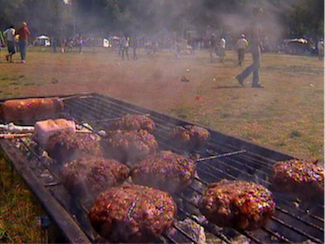
With the release of a totally random song by comedian Yair Nitzani, the term “Mangal” became popularized as a reference to a bbq. Highlighting the total random nature of the grilling in the open behavior of the sabra Israelis, the “mangal song” simultaneously celebrates and makes fun of this now-staple of Israeli culture.
A central aspect of social ritual, the mangal is a bit of a symbol for “everything Israeli.” Random, fun, flavorful, spiced, loud, family-oriented, and of course, centered on food - tying it to the eternal Jewish experience of “they tried to kill us, we won, let’s eat.”
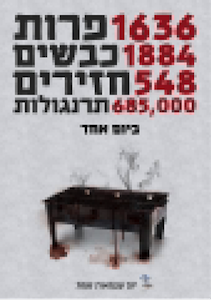
The mangal is so celebrated, it even became the subject of a photographic exhibition, public discussions and an essay collection of “esoteric mythological, archaeological, historical, literary and sociological aspects of the practice.” But at the end of the day, the mangal represents our love to get together and enjoy a good meal and a laugh with those around us as we debate, argue and navigate the challenges of life in our one and only Jewish state.
So get your mangal going and pick from our fabulous selection of recipes to add a taste of Israel to your next BBQ! Don’t forget to pair it with amazing salads, as an Israeli meal isn’t complete without some fresh veggies around!
Beteavon!

